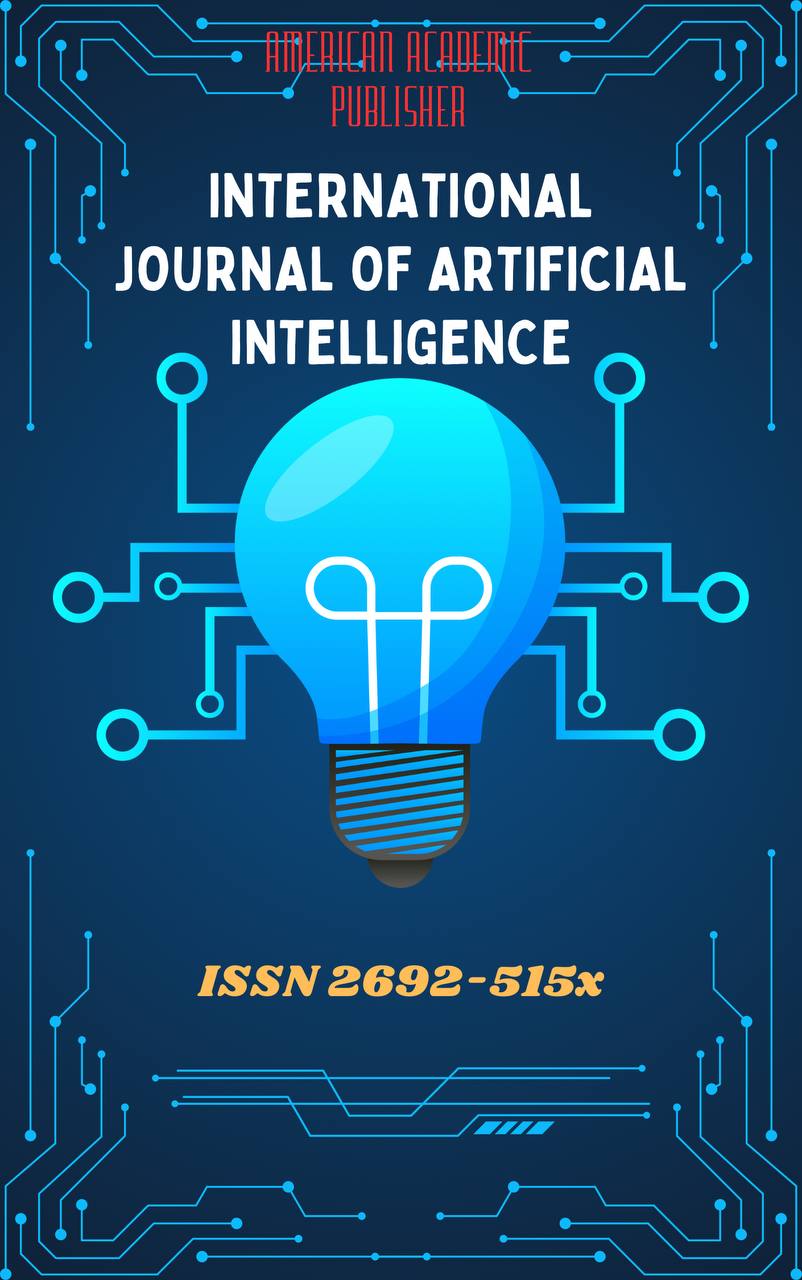 Articles
| Open Access |
Articles
| Open Access | THE IMPORTANCE OF EFFICIENT USE OF RESOURCES.
N.O.Raxmonqulova , Asia international university, Bukhara, UzbekistanAbstract
The efficient use of resources has become a central pillar of sustainable development, economic growth, and environmental protection. It not only minimizes waste and reduces costs but also ensures long-term resource availability and ecological balance for future generations. This paper highlights the multifaceted benefits of resource efficiency, focusing on its environmental, economic, technological, and policy dimensions. By linking resource optimization with circular economy principles, innovation, and sustainable consumption, the discussion emphasizes how resource efficiency contributes to greenhouse gas reduction, competitiveness, and societal well-being. Examples from agriculture, industry, urban development, and higher education illustrate its diverse applications. The paper also examines institutional barriers and emerging technological solutions, such as artificial intelligence and blockchain, that enhance resource management. Finally, the study underscores the importance of strategic leadership, stakeholder engagement, and systematic assessment tools for embedding resource efficiency into development strategies. The findings reveal that resource efficiency is not only a driver of ecological preservation but also a catalyst for economic resilience and social progress, making it indispensable for achieving long-term sustainability.
Keywords
Resource efficiency; sustainable development; circular economy; environmental sustainability; economic competitiveness; artificial intelligence; policy innovation; institutional transformation; green growth; technological advancement
References
Rakhmonkulova, N., & Qobilova, C. (2025). PROBLEMS OF SOCIAL AND HUMANITARIAN SCIENCES. Modern Science and Research, 4(5), 659-663.
Rakhmonkulova, N. O., & Mukhammedov, T. (2025). EDUCATIONAL SERVICES MARKET AS A FACTOR OF IMPROVING THE EXPORT CAPACITY OF THE REGION. Modern Science and Research, 4(5), 664-667.
Rakhmonkulova, N. O. (2025). FINANCIAL PLAN OF THE ORGANIZATION AND ITS IMPACT ON SUCCESS. Science, education, innovation: modern tasks and prospects, 2(1), 8-14.
Rakhmonkulova, N. O. (2025). INCREASING WORK EFFICIENCY THROUGH EMPLOYEES’ ENCOURAGEMENT AND MOTIVATION. The latest pedagogical and psychological innovations in education, 2(1), 29-35.
Rakhmonkulova, N. O. (2025). STRATEGIC PLANNING PROCESSES FOR SETTING ORGANIZATIONAL GOALS AND ACHIEVING THEM. Science, education, innovation: modern tasks and prospects, 2(1), 22-28.
Rakhmonkulova, N. O. (2025). ADVANTAGES OF VARIOUS ORGANIZATIONAL STRUCTURES AND THEIR MANAGEMENT METHODS. Science, education, innovation: modern tasks and prospects, 2(1), 15-21.
Qizi, R. N. O. (2024). ISSUES OF SUSTAINABLE DEVELOPMENT OF THE NATIONAL ECONOMY THROUGH THE TRANSITION TO THE GREEN ECONOMY. Gospodarka i Innowacje, 54, 56-61.
Rakhmonkulova, N. O. (2025). CHARACTERISTICS OF AN EFFECTIVE LEADER, LEADERSHIP METHODS AND THEIR IMPACT ON THE SUCCESS OF THE ORGANIZATION. Science, education, innovation: modern tasks and prospects, 2(1), 29-35.
Yavmutov, D. Sh., & Rakhmonkulova, N. O. (2021). Development of Small Industrial Zones in the Bukhara Region. ONLINE SCIENTIFIC JOURNAL OF MANAGEMENT AND ETHICS, 1(2), 10-13.
Kyzi, R. N. O. (2024). INDICATORS OF SUSTAINABLE GROWTH OF THE NATIONAL ECONOMY THROUGH THE DEVELOPMENT OF THE GREEN ECONOMY. Gospodarka i Innowacje, 54, 113-118.
Oripov, M. A., Aminova, N. B., & Rakhmankulova, N. O. (2020). Ecologically clean and sustainable management of chain stores and economic platforms. Vestnik science and education, (13-2 (91)), 28-30.
Rakhmonkulova, N. (2024). Prospects for the Development of the Economy of Uzbekistan. JOURNAL OF INTELLECTUAL PROPERTY AND HUMAN RIGHTS, 3(10), 37-44.
Yavmutov, D. Sh., & Rakhmankulova, N. O. (2021). KONTSEPTUALNYE VOPROSY RASCHETA PRODUKTsII V TSIFROVOY EKOMONIKE. ONLINE JOURNAL OF INNOVATION IN SOCIAL SCIENCES, 1(2), 12-17.
Sh, Y. D., & Rakhmankulova, N. O. (2021). Risks in the Process of Digitalization of Business Activities. ONLINE SCIENTIFIC JOURNAL OF EDUCATION AND DEVELOPMENT ANALYSIS, 1(2), 19-22.
Yavmutov, D. Sh., & Rakhmankulova, N. O. (2021). Rol obrazovaniya v razvitii predprinimatelstva. Online Journal of Education and Development Analysis, 1(2), 23-28.
Nafisa, R. (2024). Formation of a Strategy for Sustainable Development of the National Economy. Miasto Przyszłości, 54, 764-771.
Nafisa, R. (2024). Defects in Administration in Economic Development. International Journal of Formal Education, 3(9), 17-24.
Rakhmonkulova, N. O. (2025). IMPORTANCE OF INNOVATIVE APPROACHES IN MANAGEMENT IN ORGANIZATION. The latest pedagogical and psychological innovations in education, 2(1), 15-21.
Sh, Y. D., & Rakhmankulova, N. O. (2021). Innovative approaches to the use of digital technologies in theeconomy. SUSTAINABILITY AND LEADING RESEARCH ONLINE SCIENTIFIC JOURNAL, 1(2), 77-80.
Rakhmonkulova, N., & Mukhammedov, T. (2025). ASSESSMENT OF STRATEGIC SOCIO-ECONOMIC POLICY OF A REGION: A METHODOLOGICAL APPROACH. Modern Science and Research, 4(1), 918-921.
Article Statistics
Downloads
Copyright License

This work is licensed under a Creative Commons Attribution 4.0 International License.
